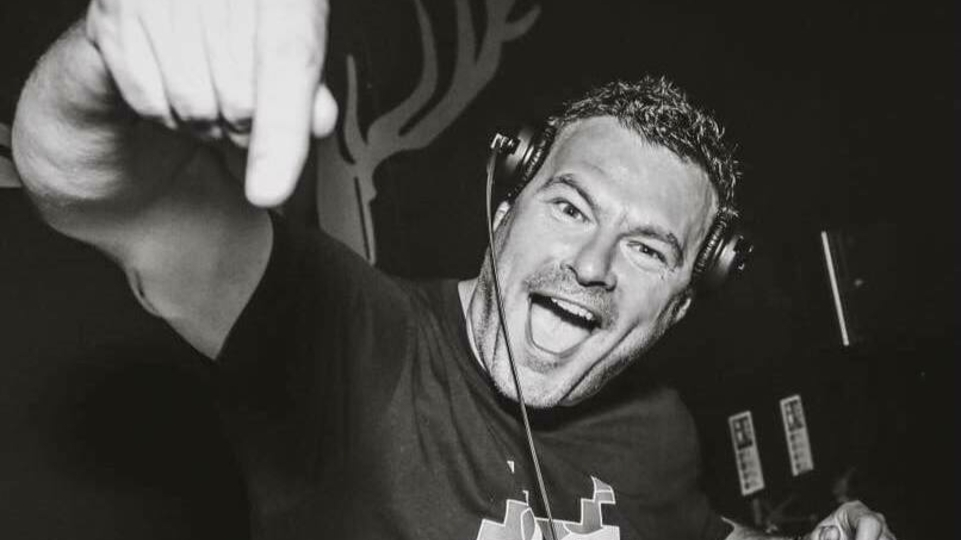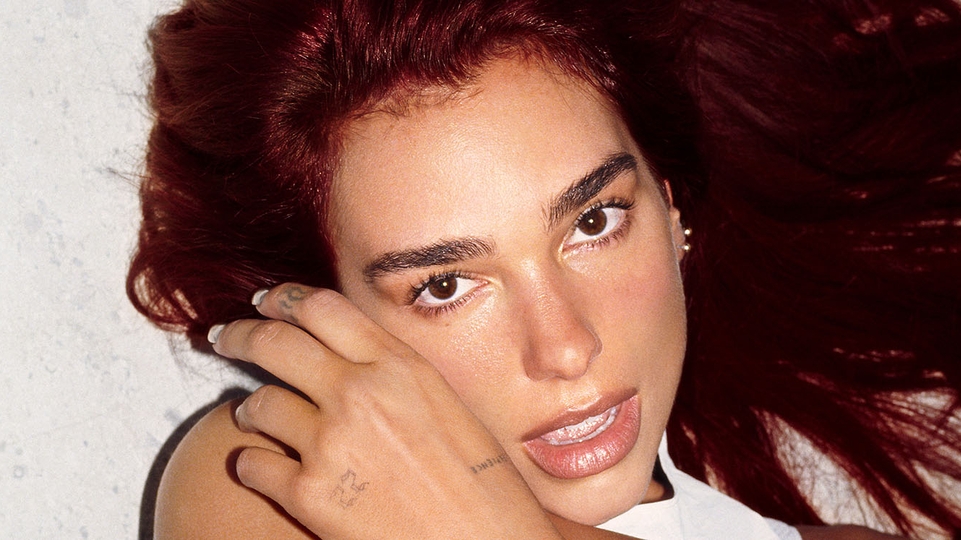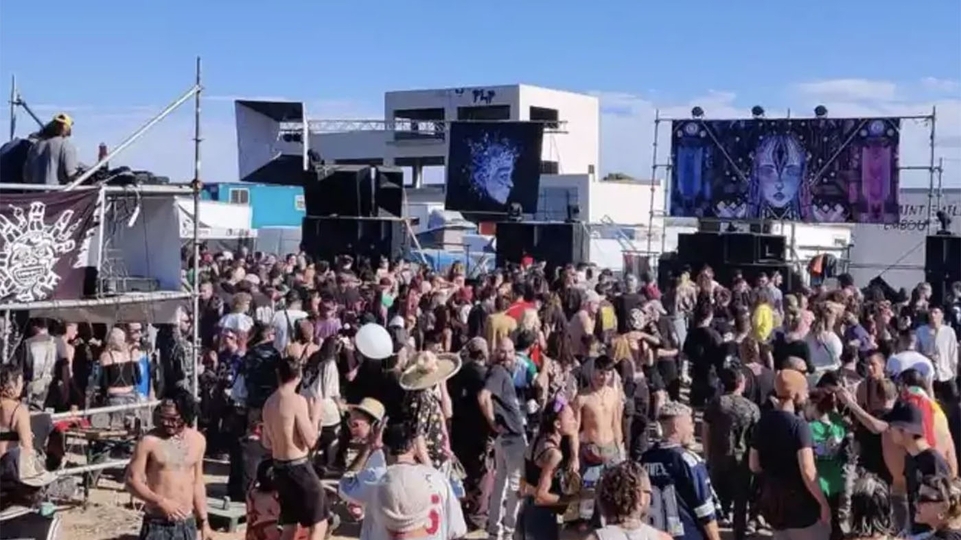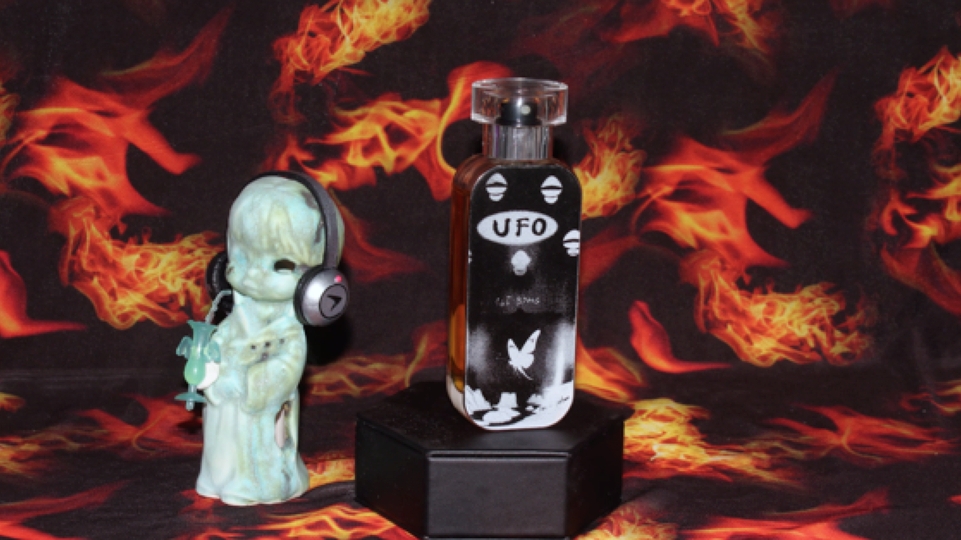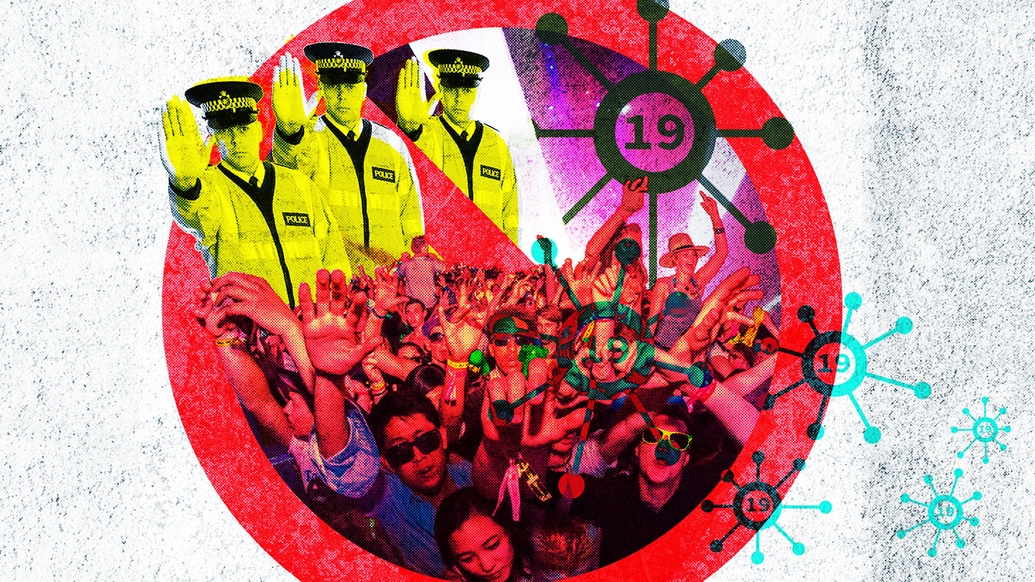
Plague raves: is clubbing in a pandemic ever ethical?
Some high-profile DJs have been criticised for playing big, crowded legal shows — dubbed ‘Plague Raves’ — in Europe during the COVID-19 crisis. Some have started playing socially-distanced events as a baby-steps route back to something approaching normality, while others are staying put at home until coronavirus passes. It's a minefield to navigate. Ed Gillett investigates the complex ethics of raving, and DJing at events, during a pandemic
As society has been tentatively emerging from various forms of COVID-19 lockdown over the last few months, each of us has been faced with a complex set of ethical and personal questions. How do we balance the ongoing need for vigilance against our desire for personal autonomy and social contact? How do we assess the competing risks involved in a still-unfolding pandemic: the potential damage to our mental health caused by staying isolated, or going out and increasing our odds of catching or spreading the virus? Is it safe to resume normal life? What does ‘normal’ even look like now?
Those uncertainties have been particularly visible and contentious in the dance music scene. Perhaps that’s not surprising: a culture founded on the collective joy of people sweating together in poorly-ventilated basements was always going to face particular challenges from COVID-19. But as the pandemic drags on, and the boundaries around socially responsible behaviour become blurred, the ethical conflict between communal self-preservation and our urge to party has become more heated.
In recent weeks, videos have emerged of high-profile DJs like Nina Kraviz, Michael Bibi, Tale Of Us and Amelie Lens playing to huge crowds in Europe, seemingly with few distancing measures in place. As you might expect, social media responses have been polarised. For many, the apparent irresponsibility of already-wealthy DJs playing to thousands of people during a pandemic represents a triumph of ego and greed over social conscience. Others have pointed to the troubling optics of famous white DJs playing to overwhelmingly white audiences, during a health crisis which has disproportionately affected BIPOC populations.
And yet these events were all licensed and approved by their respective governments. Indeed, as of the first week of September, France announced that all events with audiences of fewer than 5,000 people could go ahead with no social distancing measures at all. Should it be up to DJs or fans to make nuanced decisions on infection rates and epidemiology, rather than public health experts? With the live music industry crippled by months of near-total inactivity, and ahead of a looming global recession, should we be denying artists, promoters and others the chance to make some of that lost income back, or shaming audiences for indulging in some emotional release after months of isolation and fear?
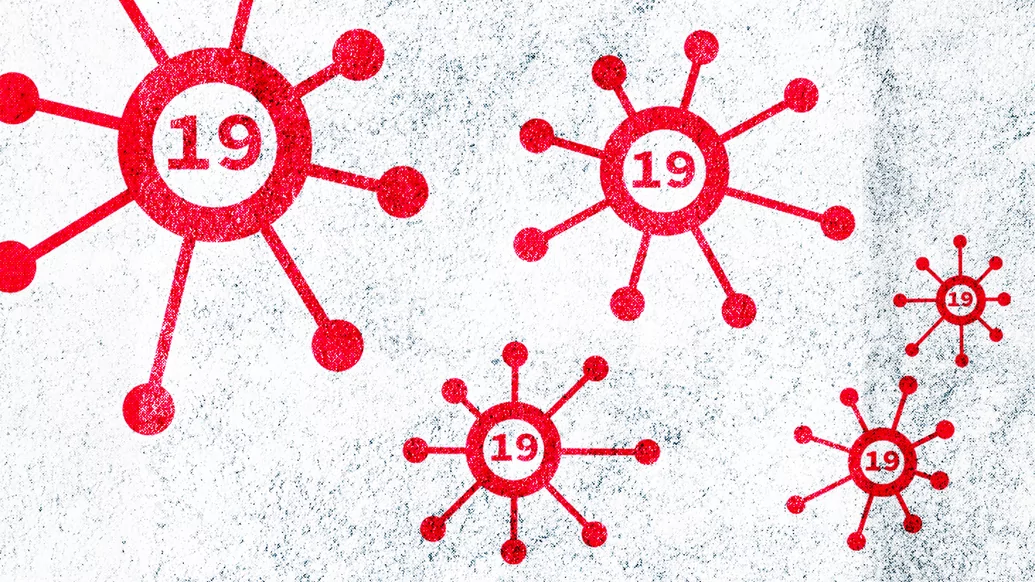

"It just seems screamingly obvious that it’s too early to be cramming people into a club, when there’s a pandemic which is still very much underway and killing people all over the world."
On one level, that all seems perfectly reasonable. But these lines of argument start to lose some of their credibility when the people relying on them seem so reluctant to state their case. Scan the Instagram feeds of Kraviz, Lens, or the majority of other DJs headlining these large European events, and you’d be forgiven for not noticing that they’re on tour at all: footage from recent events is noticeable by its absence; performances are referenced obliquely if at all, and invariably only after a gig has happened. If they’re comfortable playing these events, why be so coy? (Over a dozen artists were approached to comment on their recent, legal gigs. Some didn’t respond, and those who did respond declined to comment.)
“I had an absolutely amazing time in Italy,” says Kraviz in one post, seen holding a bowl of pasta on a near-deserted beach: “Grazie mille to my friends, promoters and people who made it such a special one”. Dax J’s feed shows him in an aeroplane, returning home after a quick continental jaunt: “Felt great to be back on tour,” he says, “So grateful for these opportunities now more than ever”. In the accompanying photograph his medical mask is pulled down below his nose and mouth, rendering it useless.
Maybe it’s not hard to see why they’re so cagey. In the absence of open conversations from those at the top of the dance music industry, Twitter detectives have collated fan-shot footage from large events, highlighting the discrepancy between touring DJs’ actions and their rhetoric, righteously hammering anyone involved in these “plague raves”. The global nature of social media has amplified online anger: for people in New York City, still locked down tightly, watching Parisians flock back to the dancefloor must surely feel like a kick in the teeth.
But some of that frustration does mirror reality on the ground. While France may be relaxing their restrictions, a spike in COVID-19 cases amongst young people in Italy and Spain in the middle of August saw both governments close all music venues for three weeks. In the Czech Republic, 98 COVID-19 cases and nearly 300 enforced quarantines have been linked to one asymptomatic person, who attended a nightclub in Prague in July. Situations are changing all the time.
Despite this, nostalgic and utopian rave-era tropes about oneness and community have been deployed by many to justify a return to touring, with the Berlin-based DJ Héctor Oaks declaring: “You know how some people struggle on, obeying rules, being repressed, etc? I know how to sequence and mix [my records] in a way that leads to collective ecstasy, in order to heal them. Because I want to contribute to make this world a better place.”
Even if young audiences and financially secure DJs are comfortable with the risks here, they’re not the people most threatened by a second wave arriving faster, or peaking higher; the narcissistic grandstanding of people like Oaks erases the ethical debt owed by club culture to the key workers, hospital cleaners or nursing home residents most threatened by our collective decision to return to raving as usual. A solidarity which extends only to the edge of the dancefloor, but no further, feels indefensible.
Michael Bibi
August 1st 2020
Lecce (Italy) pic.twitter.com/jIEzyVzv49— Business Teshno (@businessteshno) August 6, 2020
Plague Raves
A number of DJs and promoters have responded to the debate over “plague raves” by making a conscious decision to stay away from clubs until questions of safety are resolved. Josh Doherty, who DJs and produces as Posthuman, and runs the I Love Acid label and parties, is one of them. “I’ve got vulnerable members of my family, I know people who’ve got really ill from this; I’m pretty sure I know people who’ve died from it. It just seems screamingly obvious that it’s too early to be cramming people into a club, when there’s a pandemic which is still very much underway and killing people all over the world.
“I couldn’t look at myself in the mirror if I put on an I Love Acid party, someone turned up and was contagious, infected a bunch of people who might not have been exposed otherwise, and one of them died, or their parents died,” he continues. “I guess that’s everyone else’s decision to make, but I don’t think it’s ethical at this point to be throwing these kinds of parties.”
Doherty’s moral stance is coherent and unequivocal, but also creates its own problems. “The difficulty is that I have no income any more, because my earnings are just gigging and putting on events,” he admits. “I’ve seen so many friends get fired from jobs related to the live music industry: everything from PR to equipment hire to hospitality,” he reflects. “Once my son’s back at school, I’ll probably end up getting a factory job or a labouring job, anything I can get. It sucks, but under the current circumstances I just have to work to earn money.”
Whatever ethical concerns we might have about clubs or outdoor events reopening, forcing artists to shutter entire scenes and sacrifice otherwise-sustainable creative careers doesn’t feel like much of a solution. In response, others are trying to find a middle ground: playing and putting on gigs, but ensuring there are stringent distancing and safety requirements in place to limit any potential spread of COVID-19.
Stuart Glen is one of the founders of The Cause, a club venue in North London who’ve reopened their outdoor area for distanced, low-volume music events. “We went from being closed, not knowing how we were going to pay our rent, how we could continue, to the legislation coming out in July for re-opening pubs and beer gardens,” he says. “We worked out our angle, and to be honest, it’s been good since then. There was a lot of pain and misery that lockdown was bringing.
“People do want to go out, they want to dance: it’s human nature. People are literally taking anything they can get at the moment,” he continues. “I understand that there’s concerns still, but for me I think there needs to be some middle ground. Right now we’re billing our events as something different: it’s not a rave, it’s not like what it was. I don’t want people expecting that, and being harder to control.”
Again, though, this position is fraught with complexity: both in terms of the logistical and financial demands of trying to do the right thing, and a lack of clear advice from the Government. “In all honesty, I don’t really enjoy running the venue when there are controls going on,” says Glen. “We’re running on a reduced capacity and paying for loads more space, staffing’s increased because we’re doing table service, we’ve got to recoup our build costs. But whenever we’ve spoken to our local Council, they don’t seem to get any information in advance. You have to read all the guidance and interpret it yourself, and sometimes it comes out literally a day before you have to implement it.
“The only conversation we’ve had with the licensing authorities and police was yesterday; thankfully they didn’t seem too concerned about anything we’re doing,” he summises. “Their main concern at the moment is with UMEs.” Glen is referring here to Unlicensed Music Events. The creation of a new acronym for illegal lockdown-defying raves, along with increased fines of up to £10,000 for the people organising them, reflects the prominent place these events currently occupy in the minds of police forces and policy-makers, as increasing numbers of promoters have responded to COVID-19 by taking their events off-grid.
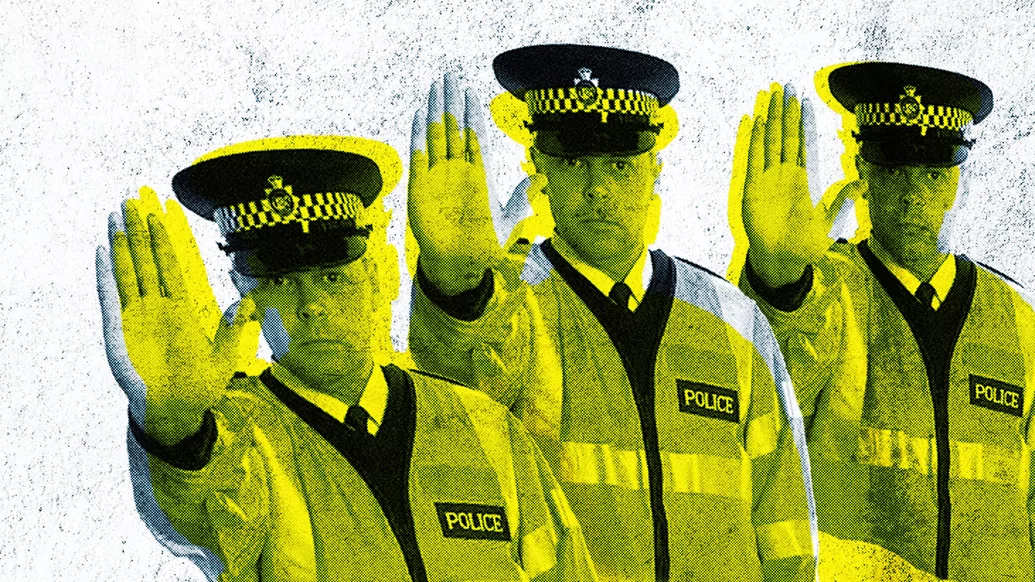
One DJ and promoter, speaking to DJ Mag on the condition of anonymity, has been running legal club nights in Scotland for the last 30 years, while also regularly DJing at unlicensed parties in that time. But as lockdown restrictions have eased, he’s switched his attention entirely to illegal events, playing house, techno, acid and electro. “For me, it was Dominic Cummings being caught travelling, I was like: what are we actually doing here? People of power obviously don’t care, and there was nothing coming out about dance music, there still isn’t.
“We decided to do an open-air rave first, on midsummer’s night,” he explains. “Lots of my friends had lost their jobs, been stuck in the house for three months: to be honest, just to talk to somebody else was properly cathartic, a really good experience. Moving further on, we’re throwing parties, but they’re socially-distanced: capacity would be a third of what it should be, there’s hand sanitisers, the areas are spaced out, we do as much as we can,” he says. “We don’t advertise on social media or anything. It’s all word of mouth.”
While other unlicensed events might be more obviously problematic — it’s clear from footage of 40-person punch- ups on the North Wales coast that some promoters and punters are far less responsible — these events seem to be identical to a legal club, just without the Government’s prohibitive restrictions on the volume of music being played. Their illegal status is essentially a matter of circumstance, created by a lack of other workable options. “Once the clubs are allowed to open up, we’ll immediately go back to legal events,” insists our anonymous Scottish promoter. “But I don’t see much difference in what we’re doing: it’s just the volume restrictions. And I’m sorry, but I don’t think that’s worth devastating a full cultural scene for. I’m not young, but — for god’s sake man, if you were 18 this summer, how desperate you’d be by now: they can’t let it last indefinitely.”
He also thinks that the UK Government “isn’t bothered about losing clubs or raves” because “it suits them to get rid of us, to see it as a problem — they always have, going back to the Criminal Justice Act. And if the Government thinks this is just going to go away or they can ban it, it’s ridiculous. The illegal parties should hopefully force them into giving us a roadmap out: if you don’t have legal events, then you’re leaving it wide open for illegal events to happen.”
Parallels with the roots of UK rave culture are hard to ignore. It’s easy to forget that when acid house first broke, archaic licensing laws meant pubs closed in the afternoon and clubs shut at 11pm, forcing people into unlicensed spaces; clampdowns on illegal promotions in the early ’90s, like the infamous Criminal Justice Act of 1994, were accompanied by a loosening of restrictions on legal venues. Except, of course, those changes didn’t take place within the context of a deadly global pandemic. Repeating the same process 30 years later will rely entirely on licensed venues being able to manage the spread of COVID-19 in the coming months and years.
Testing
For Josh Doherty, returning to the career he loves — at least, with a clear conscience — depends on venues being able to roll out quick, accurate testing. “My suspicion is that before we reach the point of herd immunity or vaccines, we’re going to get fast testing. Venues who have outdoor space could have a socially-distanced queue and a testing point before you can come in, then you have to give your contact details and sign a waiver,” he proposes. “But the costs of that, and of lower venue capacities, would have to be factored into ticket pricing; my suspicion is that it’ll become the norm to pay £35 to go into a club that would otherwise have been a tenner.”
For Stuart Glen at The Cause, even their more cautious approach comes with its own risks, and requires further support and leadership from the Government before it can become sustainable in the long term. “I don’t know what it’s going to be like when it comes to winter, how that’s going to affect demand — even if we cover our outside area, put heaters out there, will it be a different vibe?” he asks. “Are people going to run out of cash? We’re close to a lot of creative industries, we know a lot of people who’ve lost their jobs. I think by the end of the year people are going to start to understand how serious the financial implications are of all this.”

